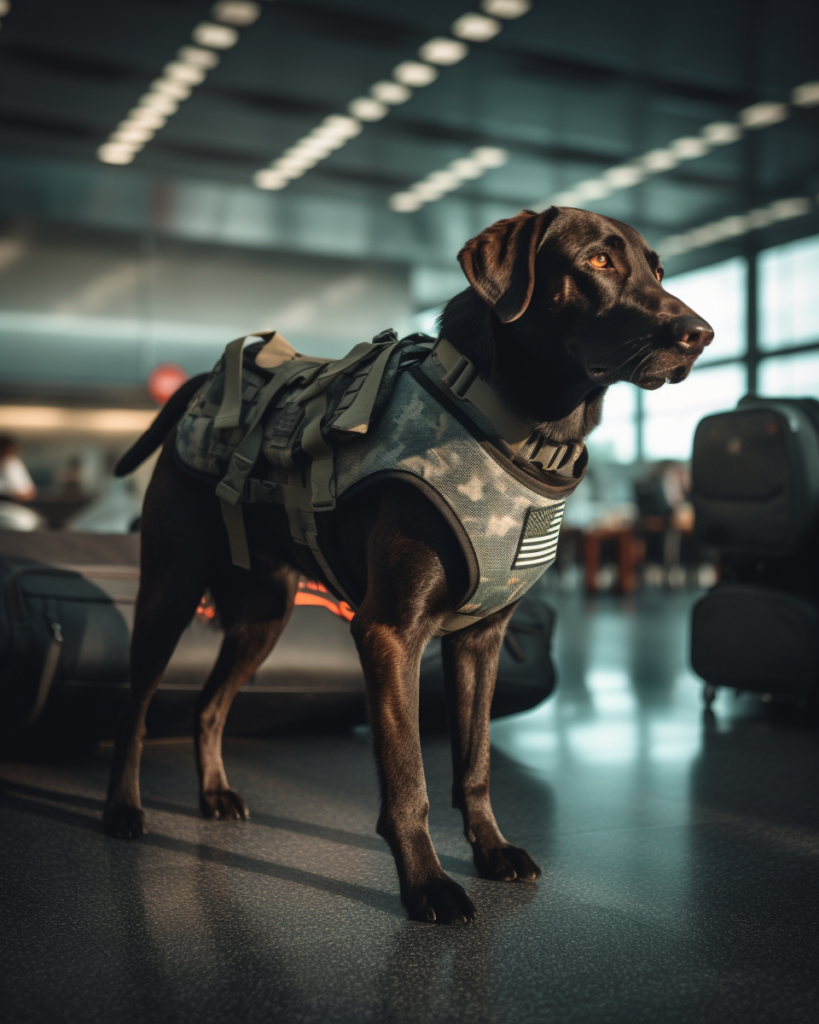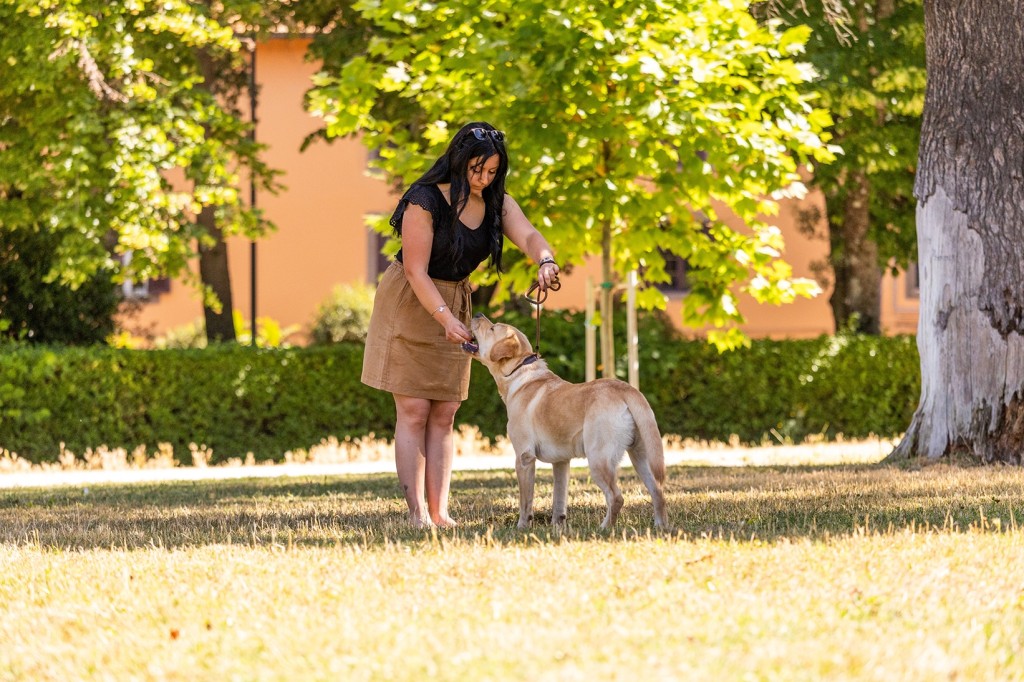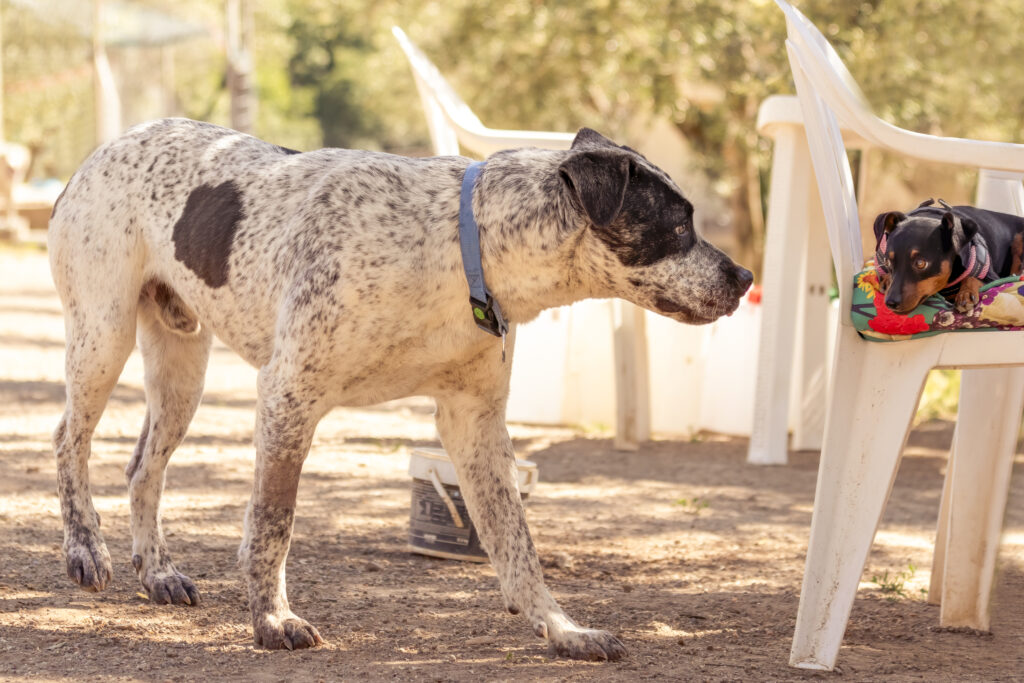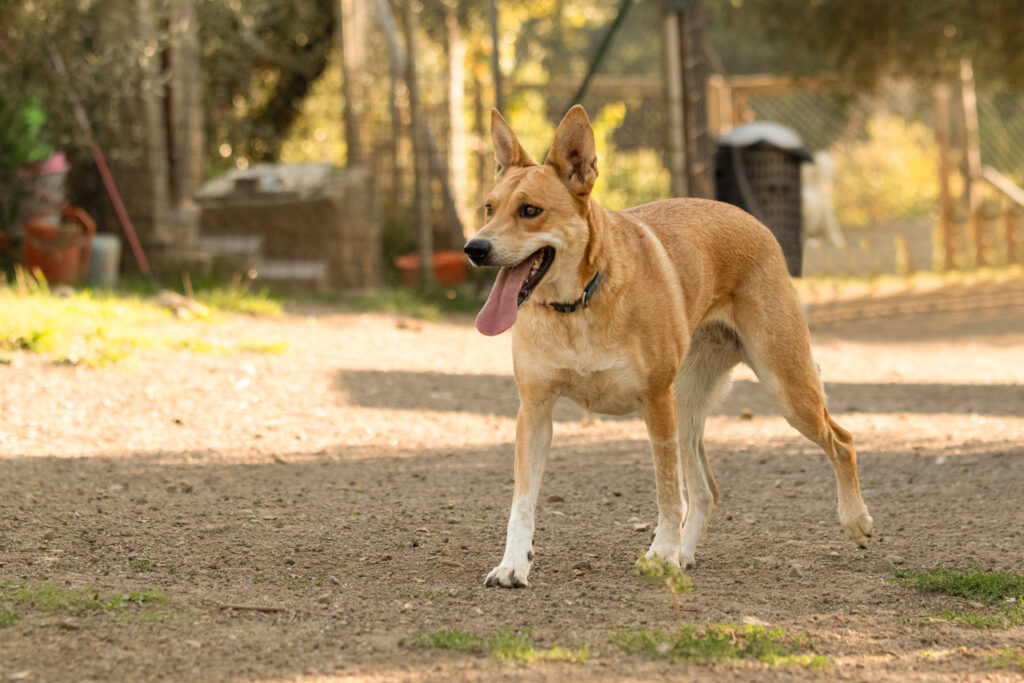Hey there, crime buffs and dog enthusiasts! It’s Niki, your smart and savvy English Setter here to share some fascinating insights into the world of canine detectives. Dogs have long been used in law enforcement and forensic investigations due to their exceptional sense of smell, keen intelligence, and unwavering loyalty. So, let’s delve into the incredible contributions of our four-legged friends in solving crimes and aiding forensic investigations.
- Sniffer Dogs: Masters of Scent Detection
One of the most well-known roles of dogs in crime-solving is their ability to detect specific scents. With a sense of smell that’s 10,000 to 100,000 times more powerful than humans, dogs can be trained to locate everything from narcotics and explosives to missing persons and cadavers. Sniffer dogs play a crucial role in law enforcement, customs, and even disaster relief efforts, saving countless lives and assisting in the apprehension of criminals.

- Police Dogs: The K-9 Unit
Police dogs, or K-9s, are specially trained canines that work closely with their human handlers in various law enforcement tasks. These dogs are skilled in tracking and apprehending suspects, searching buildings and vehicles, and even detecting electronic devices used in cybercrimes. Some of the most common breeds used in K-9 units include German Shepherds, Belgian Malinois, and Labrador Retrievers, all known for their intelligence, loyalty, and strength.

- Bloodhound Tracking: The Art of Mantrailing
Bloodhounds, with their droopy ears and extraordinary sense of smell, have been used for centuries in tracking missing persons and fugitives. Known as “mantrailing,” this practice involves the bloodhound following the unique scent trail left behind by an individual. These dogs can differentiate between human scents and have been known to successfully track targets over long distances, even after several days have passed.

- Arson Dogs: Uncovering the Evidence
Arson dogs, also known as accelerant detection canines, are trained to sniff out the presence of accelerants (flammable substances) used in arson crimes. By detecting traces of these substances, arson dogs help investigators determine whether a fire was intentionally set or not. This invaluable skill aids in the collection of crucial evidence and can lead to the identification and apprehension of arsonists.

- Therapy Dogs: Supporting Victims and Witnesses
While not directly involved in solving crimes, therapy dogs play a significant role in the criminal justice process by providing emotional support to victims and witnesses. These gentle and loving canines help reduce anxiety and stress, allowing individuals to feel more comfortable when recounting their experiences or testifying in court. The presence of a therapy dog can be especially beneficial for children, making a potentially traumatic situation more manageable.

Canine detectives have made remarkable contributions to solving crimes and aiding forensic investigations. Their exceptional skills and abilities, coupled with their unwavering loyalty to their human counterparts, make them invaluable assets in the pursuit of justice. As we continue to learn more about our four-legged friends and their unique talents, there’s no doubt that their role in law enforcement and forensic science will only grow.
Sources:
- “How Dogs Use Scent to Detect Crime.” https://www.iflscience.com/dogs-able-sniff-out-criminals-crime-scenes-33917l
- https://www.akc.org/expert-advice/training/how-to-teach-your-dog-scent-work/
- “Bloodhound.” https://www.americanbloodhoundclub.org/get-started-mantrailing/
- “Arson Dogs.” https://thebark.com/content/arson-dogs
- “Therapy Dogs in the Courtroom.” https://stateline.org/2017/06/26/canines-helping-out-in-the-courtroom/











